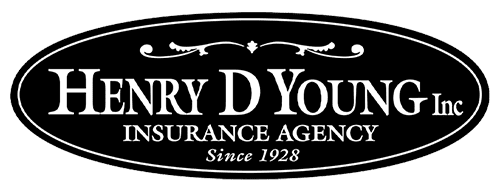
How can I prevent boating and swimming accidents?
The most tragic accident is the one that easily could have been prevented. By observing safety guidelines, you can reduce the incidence of boating and swimming accidents and keep your family safe:
• Never swim alone.
• Know your swimming ability limits, and those of your family, stay well within them.
• Learn the proper way to dive, and always check the water depth before diving.
• Never chew gum or eat while swimming.
• When boating, carry a first-aid kit, as well as prescription medicine and any other personal care items you may need.
• Equip your boat with an AM radio in case of emergency.
• Everyone on board should have a personal floatation device.
• Leave the alcohol behind when swimming or boating. Of the 750 boating fatalities in the nation each year, 38 percent are attributed to alcohol. Violators charged with Boating While Intoxicated face possible fines, jail and community service.
If you have questions about boating safety, visitl the U.S. Coast Guard Boating Safety Division or call their Safety Infoline at (800)368-5647
I own a boat. Is it covered under my homeowners insurance policy or do I need specialized coverage?
You probably need specialized coverage. A typical homeowners policy covers liability for damage to property and bodily injury to others when the watercraft is a sailboat under 26 feet, or when it is powered by an outboard motor of 25 horsepower or less. However, theft and sea perils, including sinking, stranding, running aground and collision, are not covered.
What should I look for in a policy?
Boat owners will be well served by a policy specifically designed to cover physical damage to boats, liability for damage and/or injury and protection and indemnity liability.
When selecting a policy or checking existing coverage, look for limits of navigation – where the boat can go and still be protected by the insurance policy. Insureds who violate these limits may not be covered if the vessel is damaged. Also important in a boat policy are adequate limits of liability insurance and provisions for insuring sails, spars and other property in the boat.
Can I be sued for an accident that occurs in or near my pool?
Yes. For this reason, you should check to make sure the limits of your homeowners policy are adequate. If you are involved in a lawsuit and the court awards a settlement higher than your limits, you will be held responsible for the balance. To protect yourself, you may want to consider increasing the limits of liability on your homeowners policy to protect yourself against a potentially devastating lawsuit. Our agency can help you obtain and secure adequate coverage.
Give us a call today to about your boat or homeowners insurance questions at 856-935-0845, or visit our website at http://www.hdyoung.com
Henry D Young Inc is your Professional Insurance Agent … We want you to know about the insurance you’re buying.

The information in this article is meant as a guideline only. There is nothing in this article that alters the coverage or interpretation of any specific policy. Because some statements are generalizations, and because different companies’ policies contain slight differences, please refer to your specific policy. Call our office before making any judgements or decisions concerning your particular situation and coverage that may, or may not, apply.


